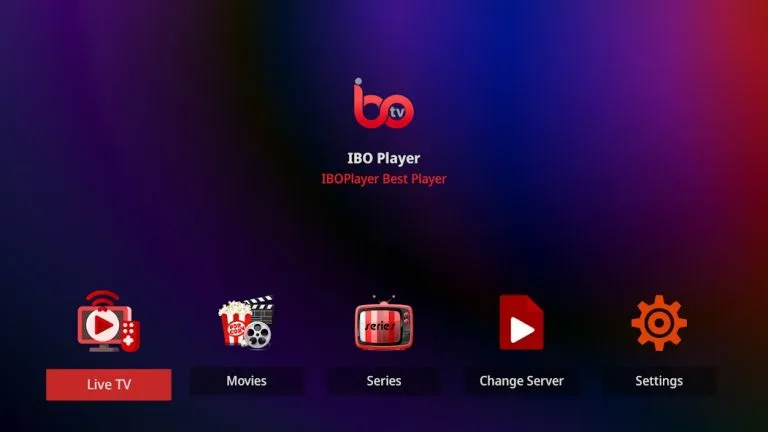Understanding IPTV: How It Works and Why It’s Popular
IPTV, or Internet Protocol Television, is a modern technology that delivers television content over the internet rather than through traditional satellite or cable TV formats. This innovative approach offers a range of benefits, including greater flexibility, access to a vast array of channels, and interactive features that enhance the viewing experience. One of the leading providers in this space is iptvsubc.com, known for its reliable service and extensive channel selection.
How IPTV Works
IPTV works by transmitting television signals over a broadband internet connection, allowing viewers to stream content directly to their devices. This differs from traditional TV delivery methods, which require a dedicated infrastructure for broadcasting signals to antennas and satellite dishes. With IPTV, viewers can access content on-demand, pause and rewind live TV, and enjoy interactive features such as program guides and parental controls.
Key Components of IPTV
IPTV systems consist of several key components that work together to deliver content to viewers:
- Content Provider: This is the entity that creates or licenses the TV channels and programs. Content providers can include traditional broadcasters, as well as internet-based providers like Netflix or Amazon Prime Video.
- IPTV Service Provider: The IPTV service provider is responsible for delivering the content to viewers. This can be done through a dedicated IPTV network or through the internet using a technology called IP multicasting.
- Middleware: Middleware is software that bridges the gap between the IPTV service provider and the viewer’s device. It enables features such as interactive program guides, video-on-demand, and time-shifted TV.
- Set-Top Box (STB): The STB is a device that decodes the IPTV signal and displays it on the viewer’s TV. Some IPTV services may also be accessed through smart TVs, computers, or mobile devices without the need for a separate STB.
- Network Infrastructure: IPTV requires a robust broadband internet connection to deliver high-quality video streams. The quality of the viewing experience depends on factors such as the speed and reliability of the internet connection.
Benefits of IPTV
IPTV offers several advantages over traditional TV services:
- Greater Flexibility: IPTV allows viewers to watch their favorite shows on a variety of devices, including TVs, computers, and mobile devices, giving them more control over when and where they watch TV.
- Expanded Channel Selection: IPTV providers like iptvsubc.com offer a wide range of channels from around the world, including sports, movies, news, and entertainment, catering to diverse tastes and interests.
- Interactive Features: IPTV enables interactive features such as program guides, video-on-demand, and interactive advertising, enhancing the viewing experience and providing new revenue streams for content providers.
- Cost-Effectiveness: IPTV can be more cost-effective than traditional TV services, especially for viewers who only watch a few channels or who prefer on-demand content over scheduled programming.
Conclusion
IPTV is a revolutionary technology that is changing the way we watch TV. With its flexible delivery methods, expanded channel selection, and interactive features, IPTV offers a compelling alternative to traditional TV services. Providers like iptvsubc.com are leading the way in delivering high-quality, reliable IPTV services to viewers around the world, making it easier than ever to enjoy your favorite TV shows and movies on your terms.

